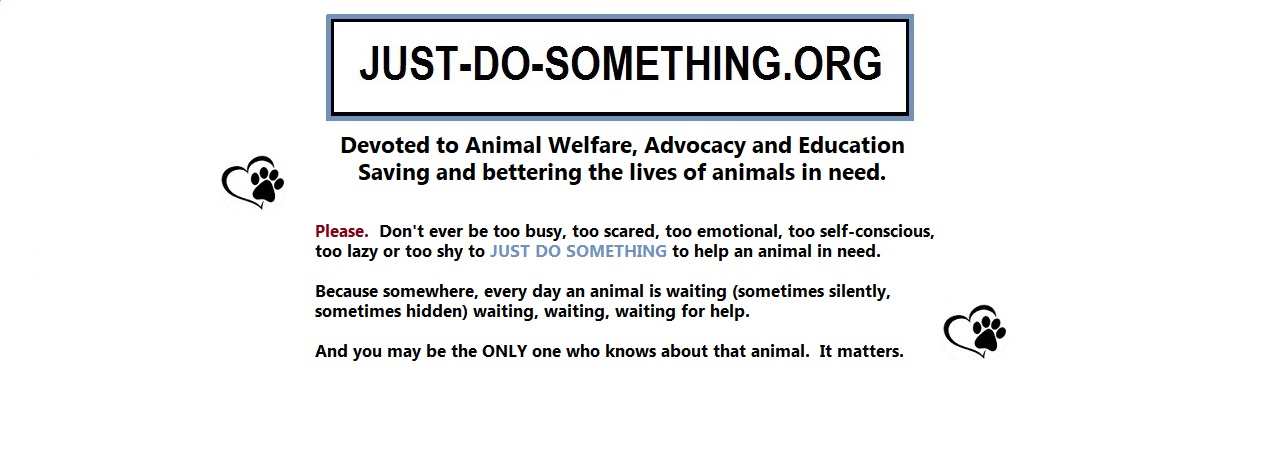5 Reasons Why Everyone Should *ADOPT* A Shelter Pet
The glitz, glamour and prestige of dog shows and the glossy ads in dog and cat magazines suggest that buying a purebred pet from a store or breeder is the best way to go. Unfortunately, the pet industry has a dark side, and while some respectable breeders sell healthy and beautiful animals, many others are abusive. And even the healthiest baby animals are too challenging and expensive to fit some owners’ schedules and abilities.
The good news is, you can choose from a wide selection of animals at your local shelter to find your ideal pet without supporting bad breeding practices or taking on a responsibility and expense you’re not ready to handle. People give up pets for a variety of reasons including divorce, financial problems and the owner’s illness, none of which have anything to do with the pet’s temperament and health. Whether you’d prefer a mixed breed or purebred, a young pup or an elder dog, a shelter near you probably has the companion you’re looking for. Plus, when people ask you where you got such a nice pet, you can proudly say you rescued them!
1. Save a Life!
We’ll start with the basics. While the no-kill movement is gaining momentum nationwide, 2.7 million (MILLION) dogs and cats are euthanized (THAT’S KILLED) in U.S. shelters every year because more people surrender their pets than adopt from a shelter and limited resources force shelter staff to make difficult decisions.
Sadly, Pit Bulls make up nearly half of the dogs in shelters, so adopting one would be a great kindness. But if that’s not your preference, it won’t take long for the pet of your dreams to come in. After all, those surrendered pets have to come from somewhere, and that includes “impulse buys” from breeders and stores where most people purchase pets. So if you really love purebreds, it makes more sense to check the shelter first and save one’s life.
2. Avoid Housebreaking Headaches!
No matter how neat or messy your house is, no one wants to live in or clean up animal filth. It takes a lot of time and patience to train an animal to ask to go out or use a litter box, and in the meantime smelly and disgusting accidents are inevitable. This training period can’t be avoided with a new puppy or kitten, but many shelter pets have already been housebroken (shelter staff will be able to indicate which ones). This includes young animals who still have a full lifespan ahead of them.
3. Find the Right Companion for Your Lifestyle!
Everyone should be able to benefit from a pet’s companionship and stress-relieving benefits. Still, young dogs need a lot of training and exercise, which is a challenge for any owner and practically incompatible with the lifestyles of seniors and busy professionals. Luckily, shelters have an abundance of older dogs who already know basic commands, have lower energy levels and will behave well without constant monitoring.
4. Save Money!
New pets from reputable breeders can cost thousands of dollars. Even the worst breeders charge a lot because they’re only after the easy money. Friends and family members might give unwanted animals away for free, but that leaves you with expensive costs including spay/neuter, vaccination and microchipping fees.
Most shelters charge a modest fee to adopt a pet, and this typically includes sterilization and veterinary care. If you adopt a mixed breed, you’ll save money in the long term, too, because hybrids tend to be hardier than purebreds. All in all, it’s a better bargain than any of the alternatives.
5. Don’t Support Unethical Breeding!
Some breeders truly love their animals and care about producing the healthiest and best-tempered pets. When you purchase a pet from a store, however, there’s no way to tell where it came from. Bad breeders are like a cancer, advertising their animals everywhere from pet magazines to Craigslist to newspapers, making false claims, offering no support for buyers after the purchase, and most importantly NOT taking care of the dogs and litters they are breeding. Why take a chance supporting an abusive scam artist who abuses and neglects their animals to make a buck, when you could rescue a pet from a supportive, caring shelter instead?
Support a shelter, save a life!



